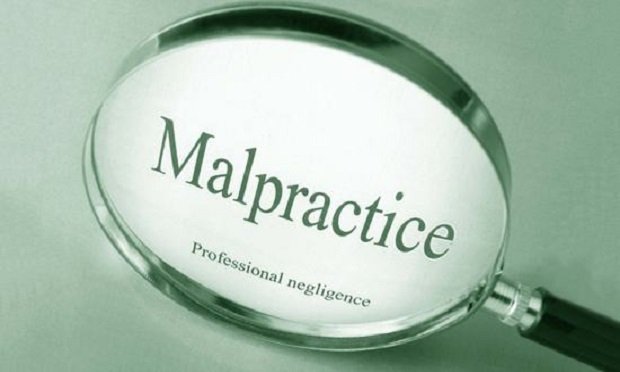 O'Melveny & Myers and its lawyers at Gibson, Dunn & Crutcher are set to square off in court over claims that O'Melveny mishandled a client's case. (Photo: Shutterstock)
O'Melveny & Myers and its lawyers at Gibson, Dunn & Crutcher are set to square off in court over claims that O'Melveny mishandled a client's case. (Photo: Shutterstock)
A Los Angeles-based firm and its lawyers are set to square off in federal court next month over claims that it bungled its nearly decade-old representation of a now-bankrupt client.
Recommended For You
Want to continue reading?
Become a Free PropertyCasualty360 Digital Reader
Your access to unlimited PropertyCasualty360 content isn’t changing.
Once you are an ALM digital member, you’ll receive:
- Breaking insurance news and analysis, on-site and via our newsletters and custom alerts
- Weekly Insurance Speak podcast featuring exclusive interviews with industry leaders
- Educational webcasts, white papers, and ebooks from industry thought leaders
- Critical converage of the employee benefits and financial advisory markets on our other ALM sites, BenefitsPRO and ThinkAdvisor
Already have an account? Sign In Now
© 2025 ALM Global, LLC, All Rights Reserved. Request academic re-use from www.copyright.com. All other uses, submit a request to [email protected]. For more information visit Asset & Logo Licensing.








